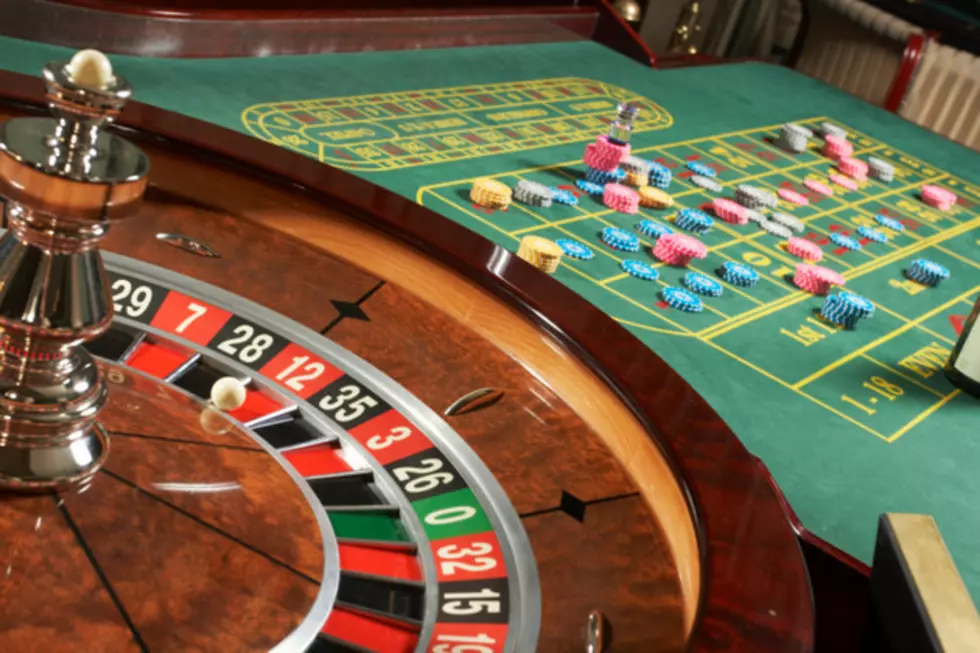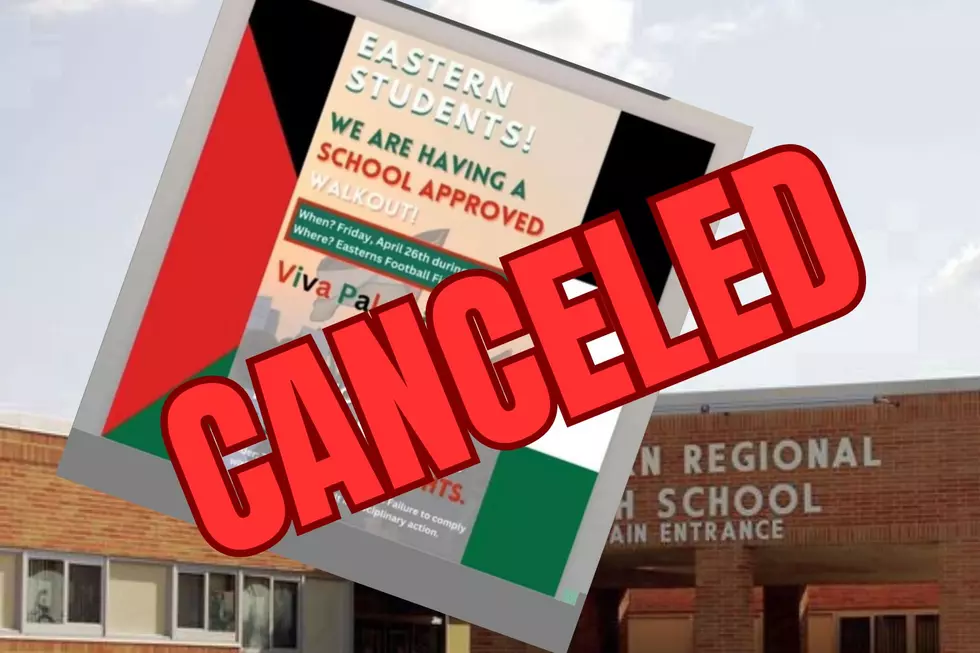
Good news for gamblers — IRS reporting rule won’t get stricter after all
WASHINGTON — The Internal Revenues Service is ringing in the New Year by dropping a controversial proposal that would have cut in half the amount that gamblers could win before being forced to file paperwork for tax purposes, the bureau announced Thursday.
In March 2015, the IRS saw pushback from the casino industry after proposing to lower from $1,200 to $600 the amount that slot machine players could win before being required to provide their names to casinos. The current threshold had been in place since 1977.
Approved Dec. 13, the IRS' final regulation abandoned the new rules as well as a mandatory electronic player tracking proposal.
Casino owners and some New Jersey lawmakers argued that lowering the threshold would translate into revenue losses as a result of machines being taken out of play until paperwork is filled out.
Rep. Leonard Lance and Rep. Frank LoBiondo voiced their opposition to the proposal in May 2015 in a letter sent to the IRS and signed by 15 other members of Congress.
The two Congressmen argued that the threshold should actually be raised to $4,700 in order to account for inflation since 1977, when the amount was set.
"We strongly believe the IRS should not consider any reduction of this reporting threshold, as any lowering from $1,200 would have significantly negative impacts on casino operations and consumers," the Congressmen wrote in the letter.
The American Gaming Association, a Washington-based lobbying group that represents Atlantic City casino owners, strongly opposed the possible rules changes and celebrated Thursday's decision.
"Today’s final IRS regulation is a big win not only for gaming companies and millions of casino visitors, but also for state and local governments who would have received fewer gaming tax dollars as a result of what would have been burdensome federal requirements," AGA President and CEO Geoff Freeman said in a statement.
More From New Jersey 101.5 FM









